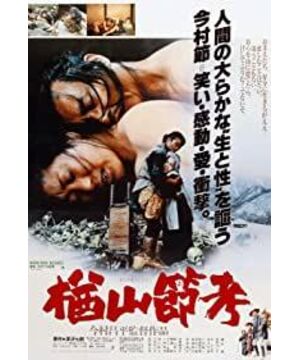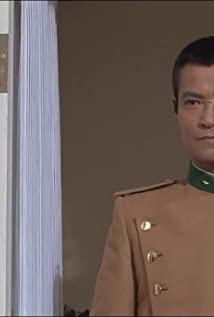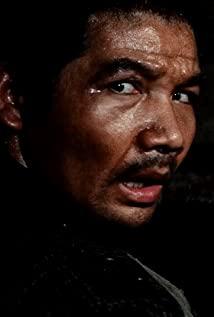: On the eve of the execution of Yuwu's family, A Ling-po let her granddaughter-in-law go home, and finally the whole family was buried alive.
Solution 1. As an elder, it is natural to put the interests of the family first, to support what is helpful, and to eliminate what is hindered. It is not humane in the face of survival, but it is reasonable to do so.
Solution 2. Stealing will be punished.
She said to her grandson and her family: You can see Asong when you go to Narayama. And when he later learned that it was his son who killed his husband, he said: "You didn't kill it, it was the meaning of the mountain god. Don't say it, you will be laughed at." This is probably not a concept of life and death that modern people can easily understand. The old man's concept of "I" is relatively diluted, so there is not so much struggle. Life and death are the will of God.
The film is like an allegory from beginning to end, told by two parallel lines, and intertwined in a tight seam.
The ego's emotions are tit for tat against belief/tradition/the reality that cannot be changed.
The heavy scene of sending the mother up the mountain is very ceremonial. Mother-son love can resonate with each audience's private emotions, especially when it is under various "have to".
The design of the bento object + the design of the rule of "going up to the mountain without a word" --> the
two have more silent communication, eyes and actions, which are suitable for the presentation of film language and the expression of love. It is often the simplest emotions that move people.
View more about The Ballad of Narayama reviews











